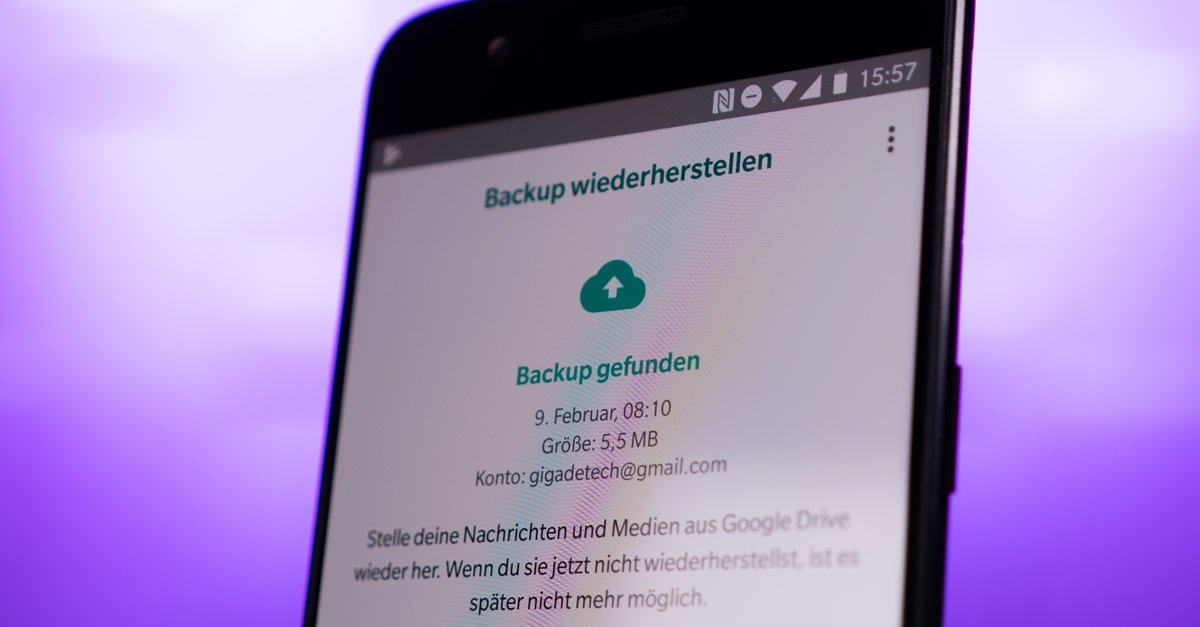Thailand bans Dogecoin and NFTs
Elon Musk is considered the biggest fan of Dogecoin. (Photo: Sky Cinema / Shutterstock.com)
The Thai stock exchange regulator has given up on crypto trading venues to remove coins and tokens from their trading venues within 30 days that have “no clear purpose or substance”.
Thailand wants to reduce crypto trading and bans a number of coins and tokens. First and foremost, the so-called meme coins such as Dogecoin or Shiba Inu are affected.
Contents
Coins and tokens “without substance” should disappear
But the stock exchange regulator in Thailand no longer wants to see non-fungible, social or utility tokens in trading either. That said the authority, which like the US authority is also called SEC (Securities and Exchange Commission), last Friday announced.
The authority is primarily concerned with banning particularly risky assets from the platforms for investors. Coins and tokens that “have no clear purpose or substance” and whose prices are based purely on trends, as they can be influenced at will by influencers like Elon Musk or organized small investors like those of the Wallstreetbets on Reddit, should disappear.
These coins and tokens must disappear
The best-known victim of the new restrictions is Dogecoin, which was particularly pushed by the SNL appearance of the self-proclaimed Dogefather Elon Musk. But Thailand also wants to have the extremely popular NFT (non-fungible tokens) withdrawn from trading.
Social tokens – also known as “fan tokens” – are also affected by the ban. These tokens are mostly issued by influencers and can be exchanged for fan articles or corresponding services. The utility tokens of the trading platforms themselves should also disappear. They can be used to pay lower transaction fees on the respective platform.
Thai SEC not a crypto fan
To justify the rather drastic step, the exchange supervisory authority states that it wants to protect the financial interests of the trading venue users by curbing “risky crypto investments”.
The Thai SEC has been causing unrest in the Asian country’s crypto industry for some time. At the moment there is still a suggestion that crypto trading venues have to physically identify their customers – for example by scanning the chip on their ID card.



